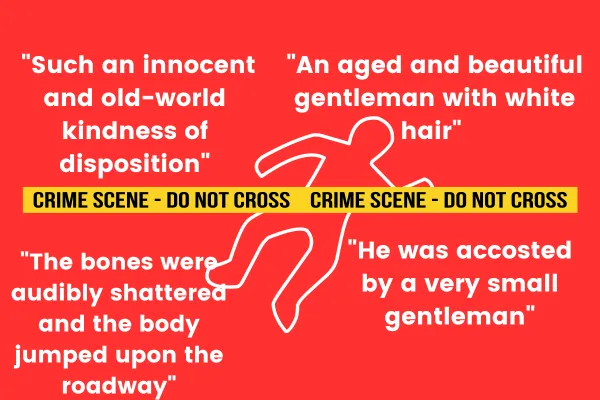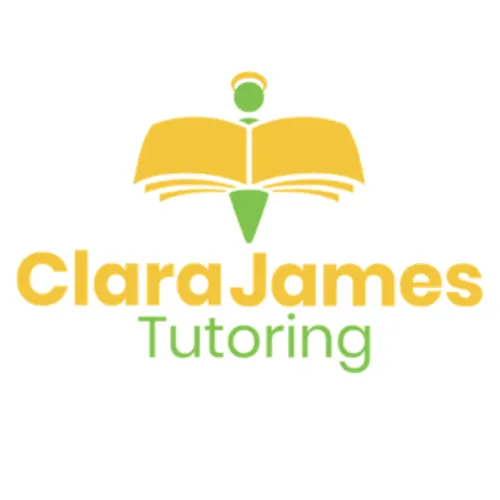Clara James Tutoring
BLOG POSTS

Creative ways to learn character quotes
Revising for the books you are set in Literacy can be dull. Reading, taking notes, maybe some underlining.
The other day I was working with a lad and talking about revision. He mentioned that he had been learning the bones in the body with his mum, but they were easy to learn. I asked him how he had learned them, and he replied: “his mum sat there and asked: what’s this bone, (and tapped a part of her arm) what’s this bone (and tapped a different part of her arm) what’s this bone (and tapped a part of her leg)”
At that moment, we had been talking about maths, so I suggested that he asked her (and apologies to his mum) to stick post-stick notes on herself with different formulas, or expressions that needed simplifying, or ratio questions that needed to be simplified or solved etc. And like before she would just tap them and ask him to solve/ simplify it.

Last night I had one of my 2am thoughts…
To try and save his mum the embarrassment of having post-stick notes stuck all over herself, why not draw around himself (or his mum, or other family member on a roll of wallpaper, or some other big sheet of paper) and stick the post-stick notes to the outline.
Then I thought it could look like the corny image of a ‘body’ drawn on the floor when someone has been murdered. Which took me to Sir Danvers Carew. How about drawing the outline of a body, but then giving him the features of Carew, and writing/sticking the notes onto that. Then sticking him on a door in your house. Then create another figure, this time short and evil looking. This one would be Hyde. Again, adorn him with quotes and stick him to another door. Keep going until all the key characters of the text you are revising are on the various doors within your home. Once you start your next text, photograph these ones and keep the photos so that you still have them for revision purposes.
I just felt this would be far more interactive and interesting than post-stick notes or highlighting a textbook.
In all honesty, my brain did keep going and, in my mind, I was making Jekyll’s lab and home out of shoe boxes, Soho was also becoming a 3d creation, but I think that was my 2am brain, but maybe for some people it will create a spark that will liven up revising the English Literature books, just a little.
Remember revision doesn’t need to be mundane, it can be creative. In fact, it is probably better when it is as it becomes far more memorable. If you do create your own characters for Jekyll and Hyde or any other text, I would love to see them.
I have created some AQA English Language Paper 1, Question 2 Sentence openers using the different grammatical techniques if they would be helpful. You can access them here: Free Download: Sentence openers for GCSE English Language Paper 1 (clarajamestutoring.co.uk)
I hope you find them useful.
Morning,
I hope the week is going well.
So many people seem to be doing D of E and work experience
at the moment, good luck if that’s you and if you’re at Marlow Camp next
fingers crossed for good weather!
I’ve just finished a lesson on division. It seems to be
something that messes with the brains of so many people.
I found it got easier when I stopped thinking about it as
division and instead thought about it as multiplication. So, if for example I
had the question 396 divided by 3, I would look at it as 3x what = 3. My answer
would be 1. How many times would I need to multiply 3 to get to 9, (my answer
would be 3). Then 3x something = 6. My answer would be 2. Giving me the overall
answer of 132.
I know that’s a really simple example but hopefully it explains
my point.
Thankfully in schools they don’t often seem to need to do
long division, but I’ve worked with a couple of adults (generally nurses for
some reason) who have needed it.
I think I’ll explain this one in a video, as it will be too
complicated to explain it with words as bits get put all over the place. I hope
this makes sense though:
Enjoy the rest of the week and speak soon,
Dawn

